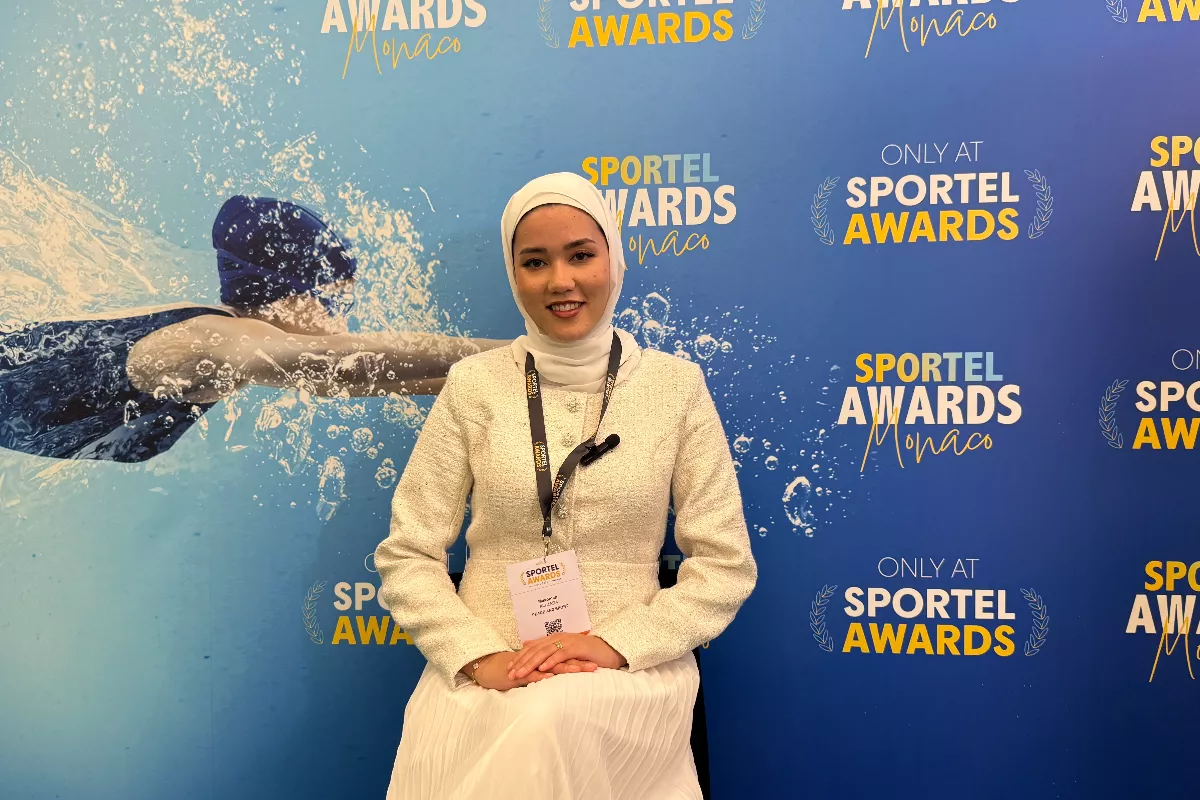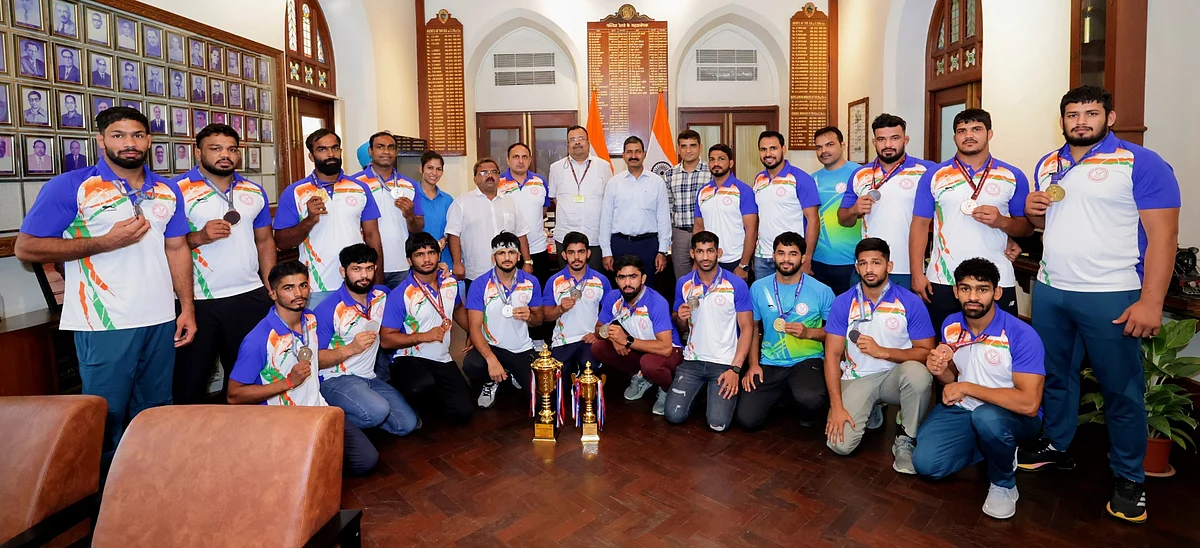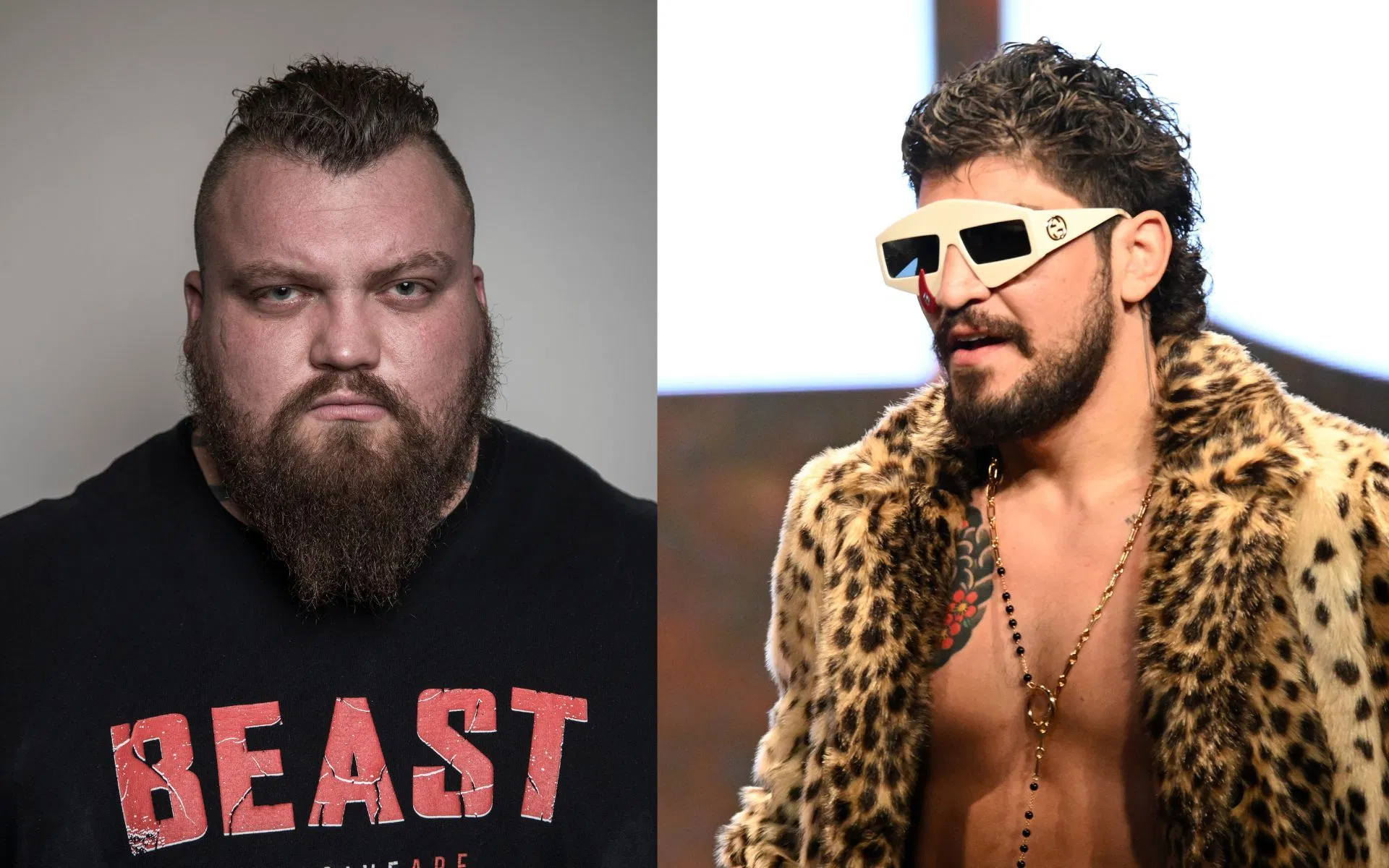Copyright monacolife

When Masomah Ali Zada took her seat on the jury panel at the Sportel Awards ceremony on Monday at the Grimaldi Forum, it marked a full circle moment for the Afghan cyclist who once had to hide her face just to train. Four years ago, she came to Monaco as an athlete receiving a prize for the Refugee Olympic Team. Now, she returns as a juror tasked with deciding which sports documentaries and reports deserve recognition at the prestigious event. “For me, it’s really special,” Ali Zada told Monaco Life. “I never imagined I would return to Monaco in this position.” From Iran to Afghanistan: Discovering a passion Ali Zada’s relationship with cycling began in Iran, where her family fled when Taliban took control of Afghanistan. She was just two-years-old. It was there, in relative freedom, that she discovered her passion for the sport. But when she returned to Afghanistan in 2007, everything changed. Even though the Taliban had been driven out of Kabul, their influence remained deeply embedded in Afghan society. Women were not expected to ride bikes, go to school, or participate in sports. “It was then that I realised that the social situation of women in Afghanistan is totally different from Iran,” she recalled. “I couldn’t ride a bike anymore.” That changed in 2011 when the Afghan Cycling Federation organised a race for women. Ali Zada not only participated but won first place in her category. In that moment, she found her calling. “I said, ‘This is my sport. I will do this seriously,'” she said. Training under threat What followed was years of training under extraordinary circumstances. Unlike other sports she had tried in the safety of a gym, cycling meant being visible on the streets in sports clothing. The reactions were quite hostile. “People looked at me strangely. They didn’t like me,” she explained. “It was the first time they saw a girl with sportive clothing on a bike. Some were shocked and didn’t want to accept this in Afghan culture.” The team had to cover their faces during training to avoid recognition. They couldn’t train alone or whenever they wanted. A coach’s car and male riders accompanied them for protection. Ali Zada couldn’t even keep her bike at home; it always stayed at the federation office for safety. “It was really dangerous for a woman to ride a bike alone,” she said simply. Despite the difficulties, she kept riding. The feeling she experienced on those first trips outside Kabul—a mixture of fear and something else entirely—became her fuel. “I felt the fear, but at the same time, I had a feeling of freedom,” she said. “Through cycling, I broke all the barriers that were around me. Even though it was difficult, even though it was dangerous, this feeling gave me the energy to continue.” As security in Afghanistan deteriorated, Ali Zada was forced to flee her country for a second time in 2017, this time to France. There, she continued training with one goal in mind: the Olympic Games. In 2020, she achieved them, competing in the time trial event for the Refugee Olympic Team in Tokio. “I represented Afghan women and defended their right to ride a bike, and also represented refugees around the world,” she says. “I was really important and powerful to be in the Olympic Games as an Afghan refugee.” Her impact extended beyond competition. In 2022, she became a member of the IOC Athletes’ Commission and in 2024, she was appointed Chef de Mission for the Refugee Olympic Team. She is also an ambassador for Peace and Sport. From athlete to judge Today, sitting on the Sportel Awards jury alongside tennis legend Henri Leconte and handball star Allison Pineau, Ali Zada continues to receive messages from young Afghan girls who see her as an inspiration. “They say, ‘You are like a mother for us. We want to do the same,'” she said. “But unfortunately, even though they have big dreams and a lot of talent, they don’t have this right.” Her message to them is one of persistence and hope, that their situation will one day change, and they too will be able to pursue their passions. To young women everywhere, her advice is simpler. “If you think you are passionate about something, if you have any objective, you should just start. Maybe your dream looks big or impossible, but nothing is impossible in the world.” Now, as she was preparing to evaluate the year’s best sports content at the ceremony, Ali Zada reflected on how far she has come from those dangerous streets in Kabul. “I remember the difficulty I had in Afghanistan, where people didn’t respect me as a cyclist and didn’t believe in me,” she said. “But I continued to do what I wanted to do. Even though there was no opportunity, no facility, and there were dangers.” “Now here I am in Monaco as a jury member for Sportel Awards. When you start, you start from zero. You have nothing. People don’t believe in you. But if you continue with months and years of hard work, you will finally find your position and find what you want.” Stay updated with Monaco Life: sign up for our free newsletter, catch our podcast on Spotify, and follow us across Facebook, Instagram, LinkedIn, and Tik Tok. Main photo credit of Masomah Ali Zada: Monaco Life.



